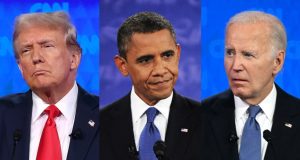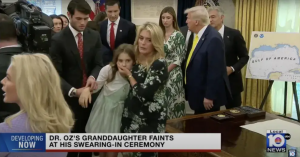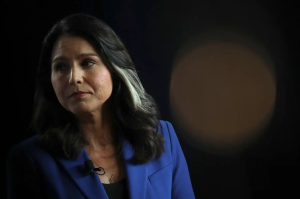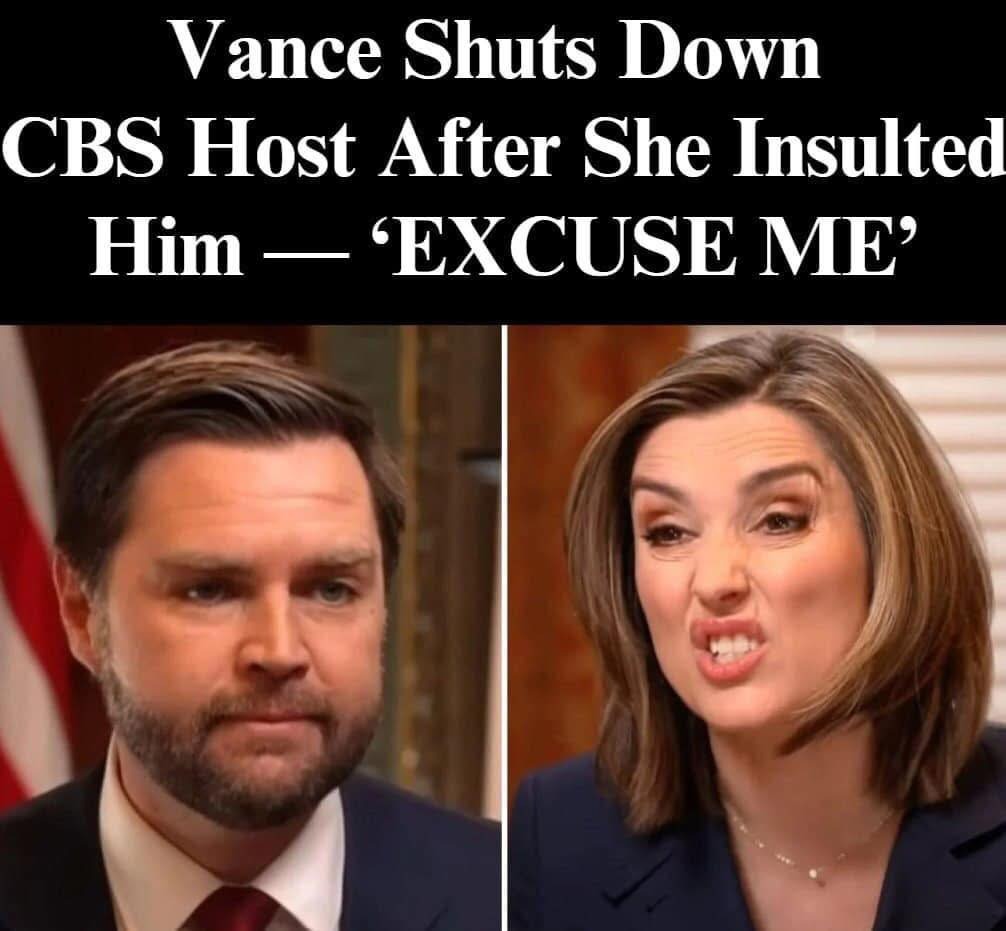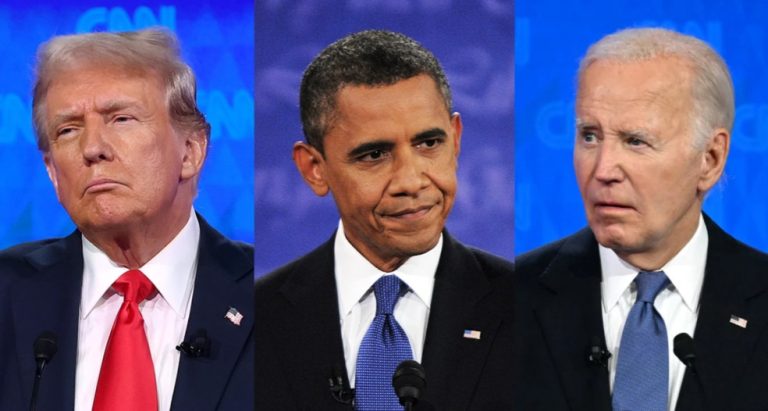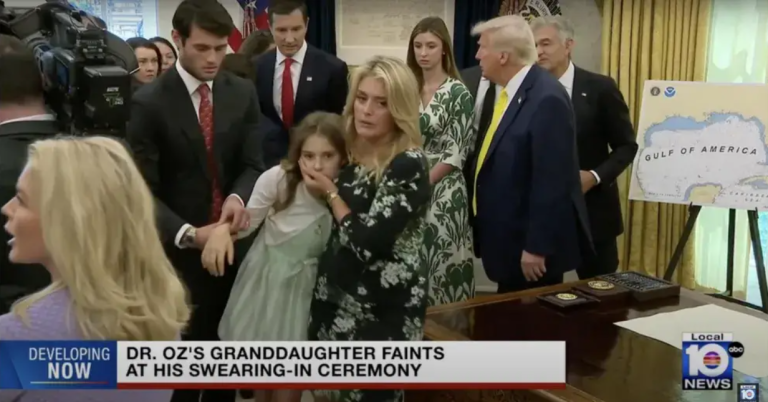J.D. Vance Defends Tulsi Gabbard in Heated CBS Interview Over DNI Nomination
In a charged exchange on CBS, Vice President J.D. Vance pushed back against criticism of Tulsi Gabbard amid her nomination for Director of National Intelligence. CBS anchor Margaret Brennan questioned whether conservative media were selectively attacking Gabbard, citing critiques from outlets like The Wall Street Journal and National Review. These publications have pointed to Gabbard’s defense of figures like Edward Snowden and her skepticism about U.S. intelligence narratives in Syria as signs she’s unfit for the role.
Vance forcefully rejected these critiques, calling them “cherry-picked” and noting that many of these outlets have also long opposed former President Trump. He emphasized Gabbard’s two decades of military and intelligence experience, arguing that her skepticism of the intelligence community is not a flaw—but a necessary quality for reform. “These publications don’t decide who gets nominated,” Vance said. “That’s up to the American people and their elected representatives.”
Brennan pressed further, suggesting Gabbard’s mistrust of the intelligence establishment could hinder her leadership. Vance disagreed, asserting that meaningful reform can only come from someone willing to challenge entrenched interests. He praised Gabbard as a reformer with the integrity to restore credibility to agencies perceived as overly politicized.
The segment spotlighted growing divisions between conservative factions and raised broader questions about media influence in shaping political narratives. Vance’s remarks framed Gabbard’s nomination as a referendum on the future of U.S. intelligence—whether it will remain a closed institution or open itself to reform.
As the Senate prepares to consider Gabbard’s confirmation, the debate is likely to intensify, with media framing, partisanship, and public trust all playing central roles.
Tulsi Gabbard’s DNI Nomination: Reform, Resistance, and the Road Ahead
Tulsi Gabbard’s nomination as Director of National Intelligence has sparked intense debate across party lines, media outlets, and institutional stakeholders. In a high-profile CBS interview, Vice President J.D. Vance forcefully defended her against criticism from conservative publications and media figures, arguing that selective reporting and outdated partisan frameworks were distorting public perception.
A Reform-Minded Candidate
Gabbard brings a rare combination of military experience, classified operational work, and a legislative record focused on national security and civil liberties. Vance underscored her qualifications, portraying her as an outsider equipped to challenge entrenched bureaucracies and restore accountability to the intelligence community.
Media Scrutiny and Political Polarization
Criticism from outlets like The Wall Street Journal and National Review has focused on Gabbard’s controversial stances, including her views on Edward Snowden and Syria. Vance dismissed these critiques as cherry-picked and ideologically driven, highlighting Gabbard’s independence and commitment to reform over partisanship.
Confirmation Prospects and Senate Dynamics
While some Democratic senators remain opposed, Gabbard’s nomination has gained traction among key Republicans. Senators Murkowski and Cassidy have expressed support, viewing her as a credible, reform-oriented leader. A successful cloture vote signaled growing momentum in the Senate.
Looking Forward
Vance’s defense of Gabbard frames the nomination as part of a broader push to modernize U.S. intelligence. Her appointment, if confirmed, could mark a turning point—one that prioritizes agility, transparency, and public trust over legacy politics.
In this moment of institutional reassessment, Gabbard represents more than a nominee—she embodies a challenge to the status quo and a call for renewed accountability at the highest levels of national security.
